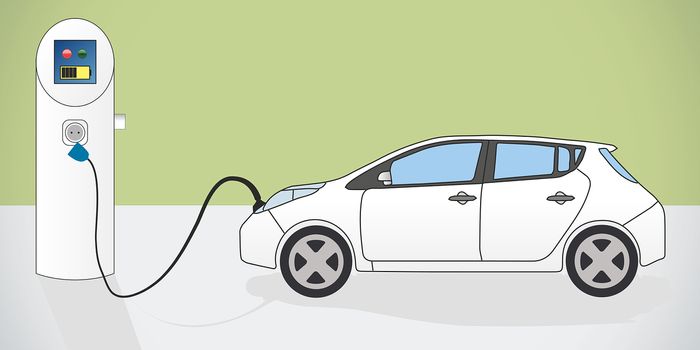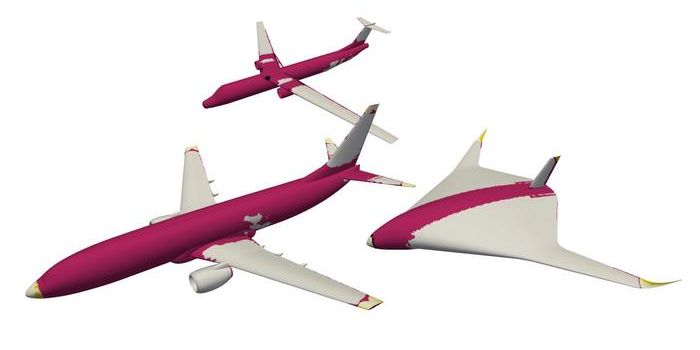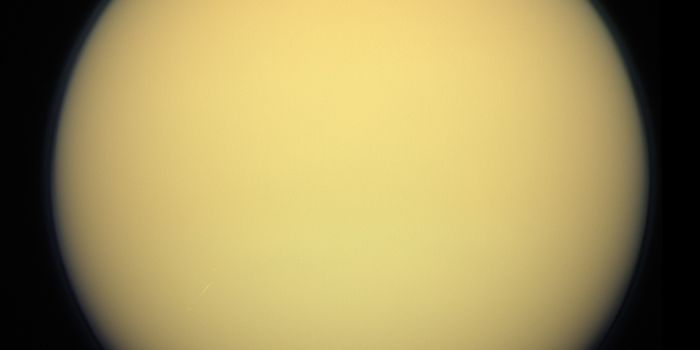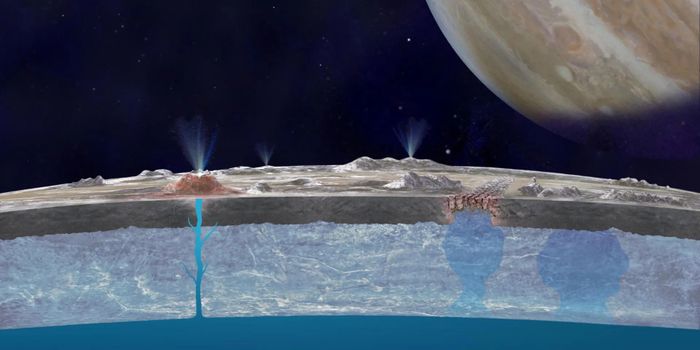National Parks Plastic Water Bottle Ban is Reversed
Back in 2011, the National Park Service took a big step toward acting more responsibly when it came to their carbon footprint with the implementation of a plastic water bottle ban. Called Policy Memorandum 11-03, but otherwise known as the “Water Bottle ban,” it encouraged National Parks to cut litter and plastic waste as part of a global effort to reduce the more than one million plastic water bottles per minute that are consumed worldwide. That’s 20,000 plastic water bottles per second.
Because of this campaign, which replaced water bottle sales with water-filling stations and education on the benefits of tap water, 23 of the 417 National Park Service sites went plastic water bottle free. The Grand Canyon, where plastic water bottles made of 20% of waste, and 30% of the park’s recyclable waste, was one of the most famous parks to take the leap, along with Mount Rushmore, Zion, and Bryce Canyon. Several coastal national sites also participated in the ban, motivated by the fact that so much of our plastic waste ends up in the ocean. Things were moving well. Until now.
The Trump Administration has recently declared the "revocation of the memorandum", effective immediately. In a statement released from the NPS, “The 2011 policy, which encouraged national parks to eliminate the sale of disposable water bottles, has been rescinded to expand hydration options for recreationalists, hikers, and other visitors to national parks. The ban removed the healthiest beverage choice at a variety of parks while still allowing sales of bottled sweetened drinks.”
While this is true, that the sale of sweet bottled drinks was still available to visitors, environmentalists are outraged at the direction that this news brings. With the reality of that 20,000-bottles-per-second statistic creeping down our backs, scientists fear the impact of the growth in plastic water bottle sales could rival the effects of climate change, The Guardian reported. Certainly, the effort to be more environmentally and health conscious would swing the opposite way, opting to eliminate the sale of all bottled drinks and invest more in the water-filling station campaigns. But, of course, there are the politics to consider.
Every year, beverage companies in the US sell more than $11 billion of bottled water, and they’re not about to give up that chunk of change without a fight. "The [bottled-water] industry has lobbied Congress to block this policy for years," says Jesse Bragg, spokesperson for Corporate Accountability International. The bottled water industry has also directly lobbied the Interior Department, which controls the National Park Service; President Trump’s newly appointed deputy secretary of the Department of the Interior was previously a lawyer who worked for a firm that represented one of the large companies that sell bottled water. You connect the dots.
Bragg explains that this is an "example of the industry pulling the strings behind the scenes to protect its profits.” Activists are complaining, too, that the move shows how “the corporate agenda is king and people and the environment are left behind.” Many, including the Sierra Club’s public policy director Athan Manuel, feel that this falls within the scope of Trump’s war on climate. “The reversal is but a symbol for this administration’s larger attacks on environmental safeguards and protection of public lands,” he said.
As discouraging as this is on an environmental level, in such matters it is important to remember the power that you hold as a consumer. Education is key to changing habits, so if reducing plastic waste is a topic that makes you sit up and think, spread the word.
Sources: The Guardian, NPR, Gear Junkie, NPS









